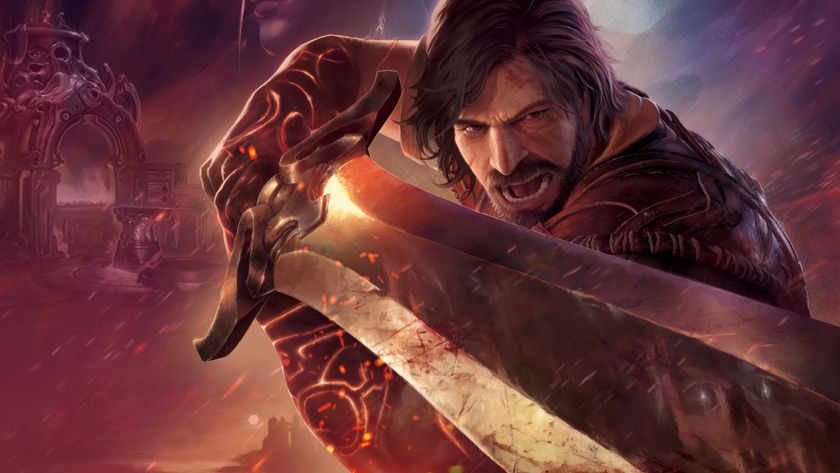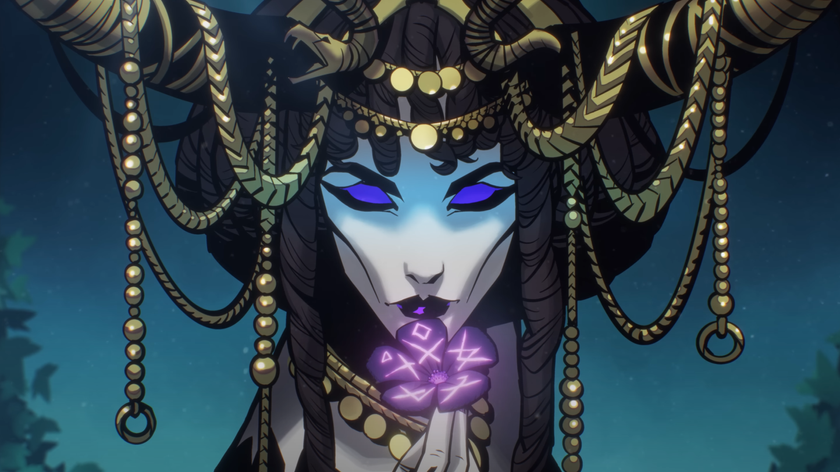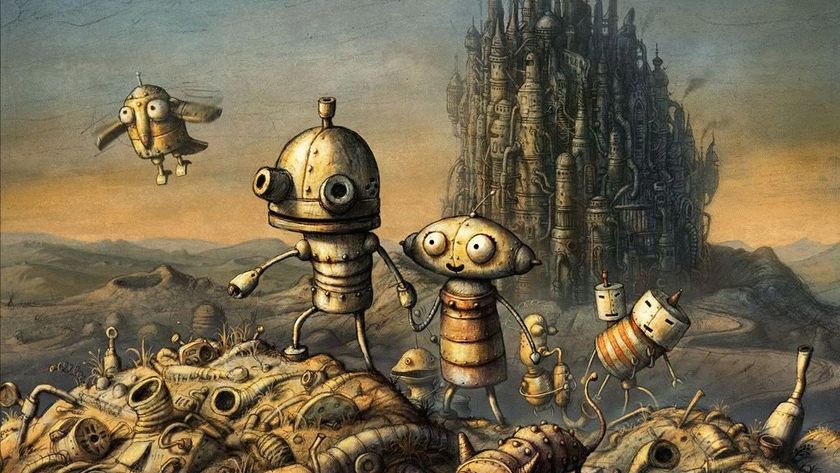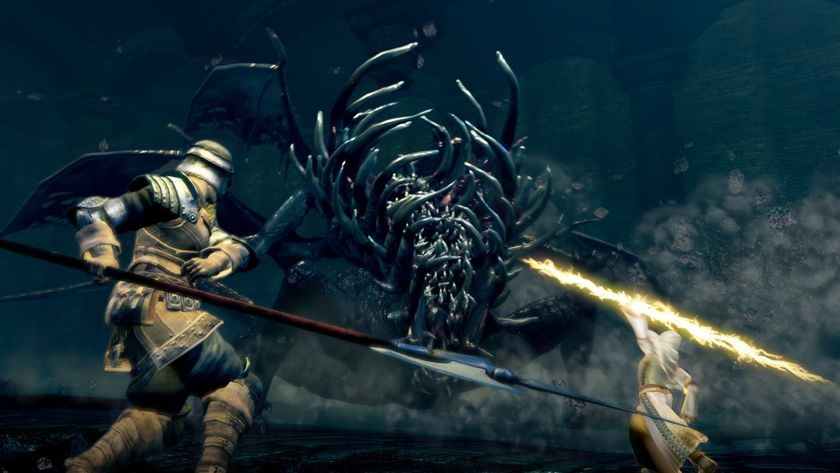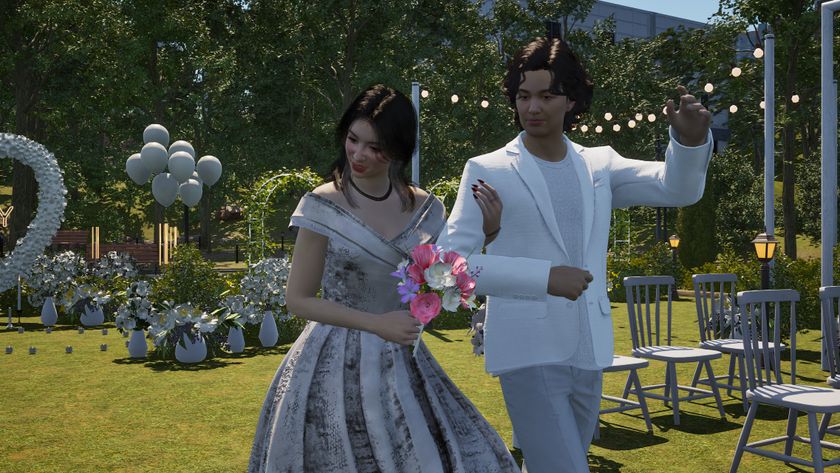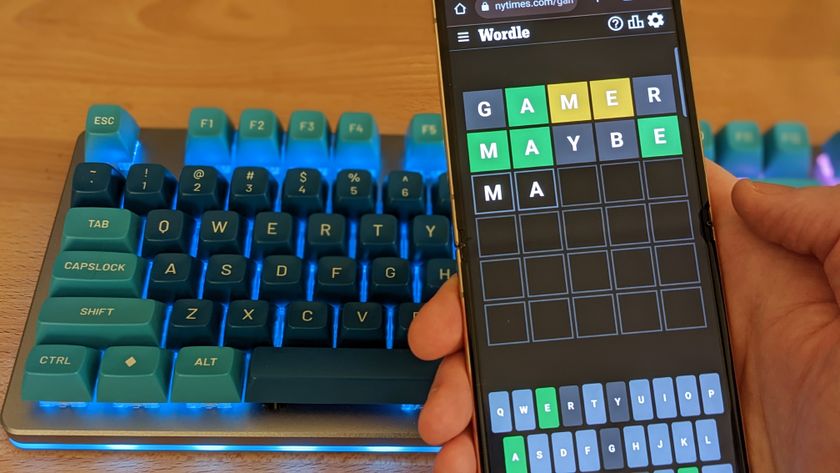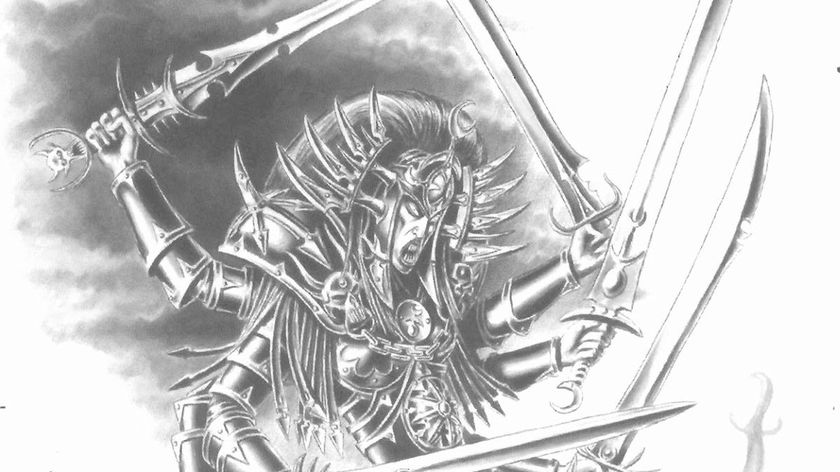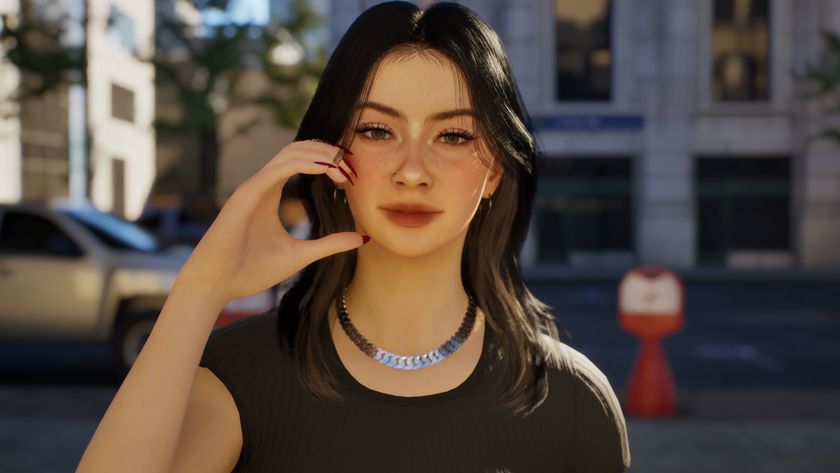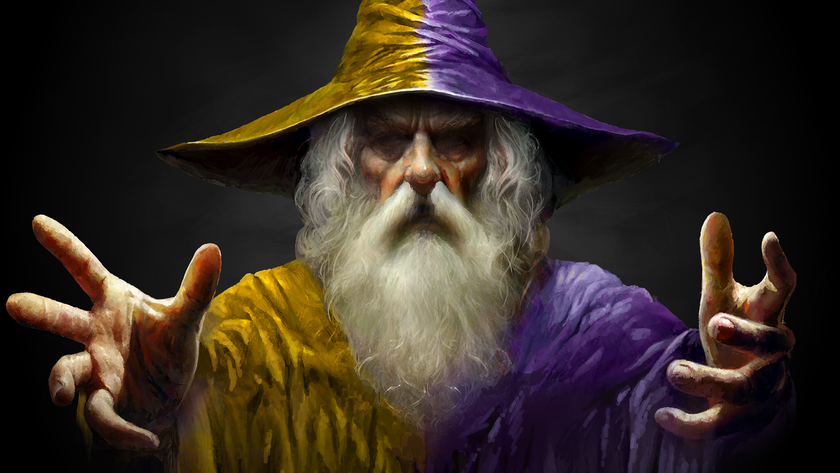Killing Floor 2 exclusive first look: co-op FPS horror with the most advanced gore system ever
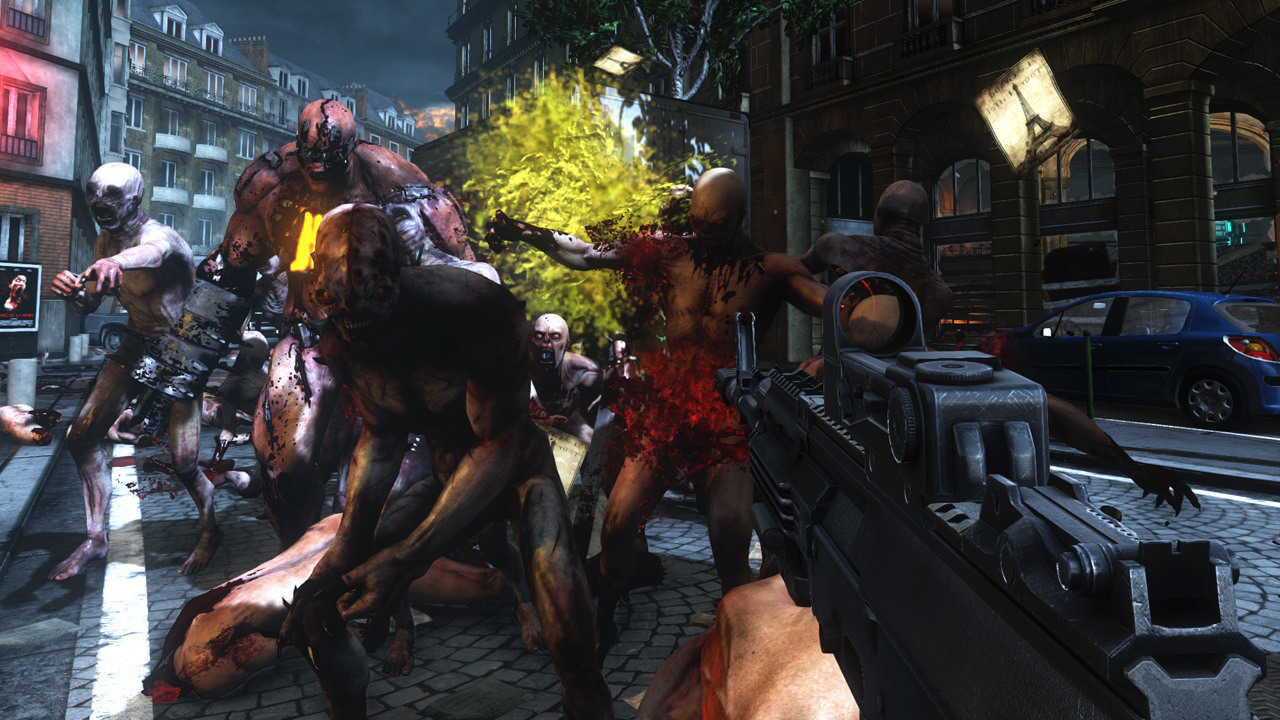
Paris is burning. The sky behind the Eiffel Tower glows an ominous orange through a haze of billowing smoke. Sparks and ash and scraps of paper float through the dark streets of the city, where cars and offices stand eerily abandoned.
A manhole opens. For a moment, nothing happens. And then a zed, a naked genetic freak sheathed in slimy grey skin, pops out of the hole like a horrorshow jack-in-the-box. The zed has the mind of a child. It doesn't know much, but it knows it wants to kill.
The zed manages two steps from the manhole before a stream of bullets blast it off its feet. More bullets tear into it in midair, splattering blood across the street and unburdening its gut of a generous helping of internal organs. Everyone in the dark conference room at Tripwire Interactive laughs or oohs as they watch the most complicated gore system in gaming—a gore system they've been building for Killing Floor 2 for the past two years—eviscerate the zed in a way they've never quite seen before.
Since shipping World War II FPS Red Orchestra 2 in 2011, Tripwire has dedicated itself to the sticky art of digital dismemberment for the sequel to 2009's co-op wave-based shooter. They want each and every exploded brain, severed leg and bloody gutshot to look unique. Bill Munk, creative director and senior animator at Tripwire, has a saying: Red Orchestra is realism. Killing Floor is coolism.
"Killing Floor is a simple game," says Munk. "You have weapons. You see something that looks messed up. And you kill it. You get money for doing it and you buy better weapons. Rinse and repeat. The more enjoyable that small little loop is, the more successful the game is."
Munk is one of Tripwire's co-founders. He couldn't hide his enthusiasm for games if he tried; over dinner, he gushes about how he played a borrowed copy of Metal Gear Solid in his college dorm for an entire weekend, substituting caffeine for sleep. When Munk talks about Killing Floor 2, most of his sentences end with "as sick as possible."
"This project on an animation end has been a dream come true for me," he says. “This is the first time we had the budget for me to do mocap for everything and try to make everything look as sick as possible."
The biggest gaming news, reviews and hardware deals
Keep up to date with the most important stories and the best deals, as picked by the PC Gamer team.
When Munk says everything, he means it. The gun animations are mocapped. Melee is mocapped for first- and third-person perspectives. Killing Floor 2 is still a simple game. But this time, it looks good .

A killer mod
"[Killing Floor 2] is the first time we've been able to develop a game from start to finish with what I would call a reasonable size staff and a reasonable size budget," says John Gibson, Tripwire's president and a co-founder along with Munk.
Gibson is entertaining and outspoken for a company president. Tripwire's pedigree for realistic weaponry stems from Gibson's passion for them. Many guns in Killing Floor 2, like the Commando class's SCAR Mk 17 and AK-12, are modeled from his own personal collection. If he's not talking about guns or videogames, there's a good chance he's talking about cars. "Have you ever ridden in a DeLorean?" he asks me with a grin when we take a break for lunch. I have now ridden in a DeLorean.
Gibson and the other founding members of Tripwire had to take out loans to pay for their first game, Red Orchestra. They started as an Unreal Tournament 2004 mod team. Killing Floor was another Unreal mod, created by Alex Quick. Once Tripwire turned RO into a standalone game, they convinced Quick to port over Killing Floor. They played the mod so much, Gibson put Red Orchestra 2 on hold mid-development to turn Killing Floor into a full game. Ten people made the game in three months. As of 2014, Killing Floor has sold nearly 2.5 million copies.
Tripwire is now 50 employees strong. Killing Floor 2 is coming to Steam Early Access for Windows and Valve's SteamOS. When? Not as soon as I may want, Gibson says, but sooner than I may expect. After watching them play KF2, I know they got at least the first half of that statement right.

Wes has been covering games and hardware for more than 10 years, first at tech sites like The Wirecutter and Tested before joining the PC Gamer team in 2014. Wes plays a little bit of everything, but he'll always jump at the chance to cover emulation and Japanese games.
When he's not obsessively optimizing and re-optimizing a tangle of conveyor belts in Satisfactory (it's really becoming a problem), he's probably playing a 20-year-old Final Fantasy or some opaque ASCII roguelike. With a focus on writing and editing features, he seeks out personal stories and in-depth histories from the corners of PC gaming and its niche communities. 50% pizza by volume (deep dish, to be specific).
